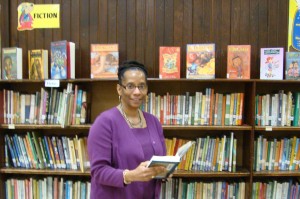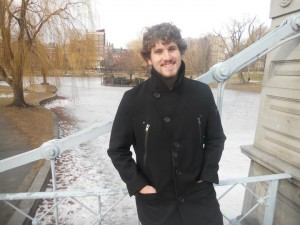“As educators, we face new responsibilities to facilitate a process whereby young producers project five, ten, even twenty years down the line to determine what it will mean for something they say in their teens to follow them into perpetuity, leaving them very little control over who sees it and how it is used.” –Drop That Knowledge, p. 112
I am intrigued by this ethical dilemma over how kids’ present day opinions will affect them in the future. While I realize that anything on the Internet can be accessed at anytime by future employers, admissions officers, or acquaintances, I think it is counter-intuitive for kids to compromise their current voices and opinions in hopes of securing a good job in twenty years. Our society has so many psychologists, educators, and politicians out there telling us how kids think and feel, but it is not the same as having youth themselves express their opinions and experiences. If students feel too much pressure to publish the “right” kind of attitude, they will inevitably censor the very important youth perspective. I can understand a student feeling apprehensive in admitting her struggle with peer pressure or her first experience with drugs or alcohol, but at the same time, if we encourage her to censor her story, it will be harder for adults to understand and appreciate the youth experience. If the purpose of Youth Radio and other young people’s publishing companies is to promote the perspective of youth, the last thing they should do is make kids feel so anxious about their future employers and dates that they can’t appropriately convey their experiences.









